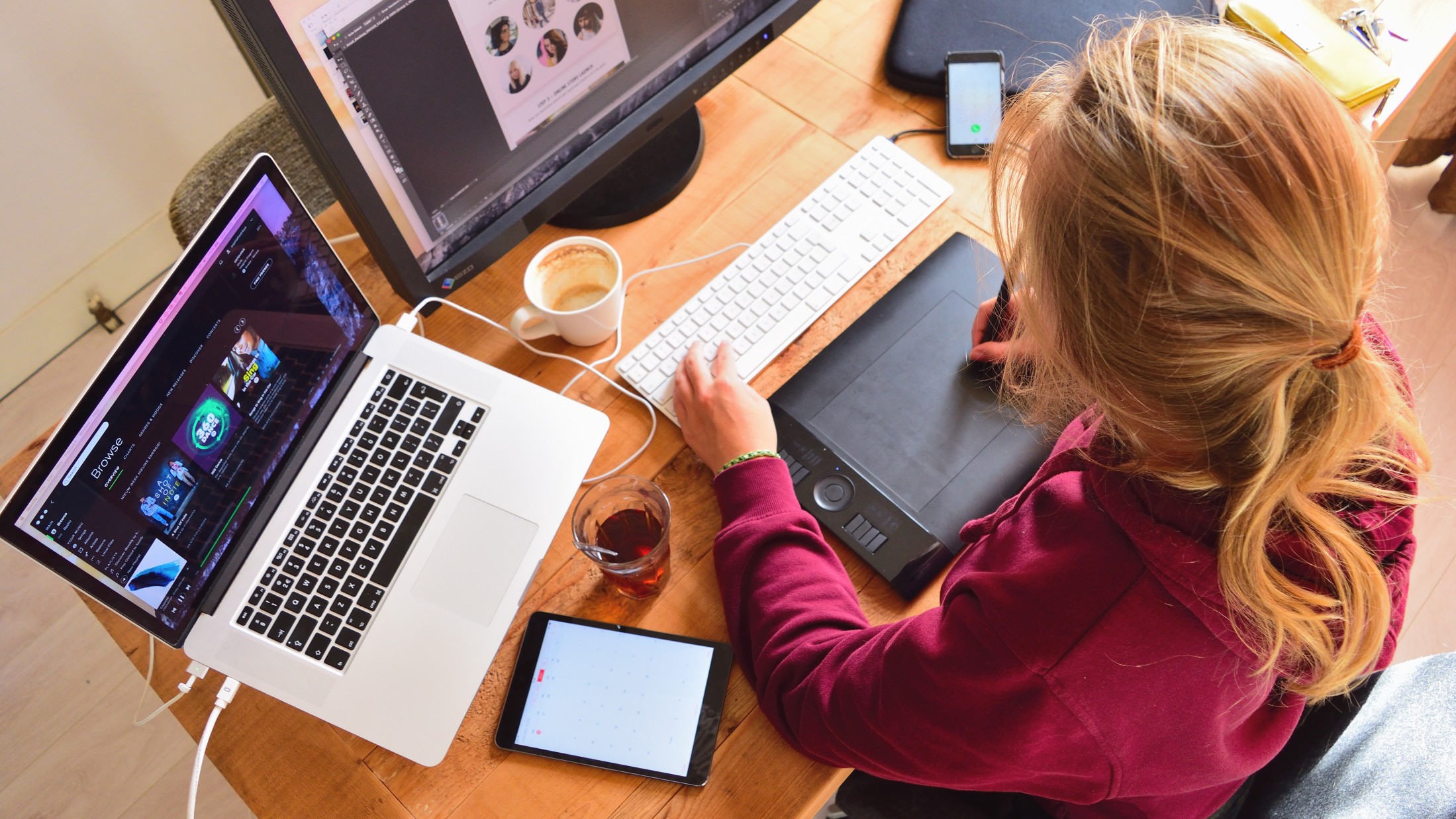6 min read
Marketing During a Crisis: 5 Brands That Got It Right During COVID-19
By: Shannon Tucker Apr 29, 2020 3:17:38 AM

There’s no shortage of tone–deaf brands capitalizing on this global pandemic to promote their product or company. Marketing during a crisis can be risky. You’ve probably sworn off certain brands because of how they handled themselves over the past few months.
But now is not the time to ditch your marketing efforts. You just need to do it right.
This article in Fast Company says it best: “How much a brand invests in maintaining the relationship with its customers during the crisis defines its long-term success.”
Many marketers are talking about which brands got it right and which ones didn’t. At Next PR, our favorite examples of marketing during a crisis come from the companies who put their relationships with customers first.
Here are five companies that got it right:
American Addiction Centers Offers Free Resources to a Vulnerable Population
What it did: Rates of drinking and substance use increased as soon as stay-at-home orders were put in place across the country, so American Addiction Centers sprang to action. It offered free virtual online counseling sessions, produced a study on the increase in alcohol consumption since the start of the pandemic to draw attention to the magnitude of the problem and provided resources to share on social media and with reporters so people could get the help they needed.
Why it was right: The company moved fast. It’s human nature to want to gather as much information as possible during times of uncertainty, but too often companies move slow with actions and solutions. American Addiction Centers acted quickly, converting therapy sessions from in person to online and promoting its resources well before many states were mandating residents stay at home.
Sheets and Giggles Gives Back to Its Community
What it did: Despite sales dropping 20-30 percent during the pandemic, the Denver-based eucalyptus bedding startup Sheets and Giggles still decided to give back. It donated 228 bed sheets to the City of Denver to use for emergency homeless shelters and pledged to donate 20% of its revenue for 30 days to the Colorado COVID-19 Emergency Relief Fund.
Why it was right: The company proved that helping those in need means more to them than sales. Showing a human side to the brand – especially during a crisis – creates trust among customers.
OmniSci Provides Free Interactive COVID-19 Dashboard
What it did: Accelerated analytics company OmniSci launched an interactive dashboard to show global infection rates by country, with interactive cross-filters to compare the spread between countries and across time frames. The dashboard brings together relevant data to provide a multi-perspective point of view to federal and local authorities and policymakers to aid in the fight against COVID-19.
Why it was right: Rather than capitalize on the pandemic to drive sales, OmniSci leveraged its technology to provide free, reliable data to help understand and prevent the spread of COVID-19 at a time when having information on hand has never been more important. Offering tangible, helpful tools that are authentic to your expertise is incredibly important during a time when many brands have been criticized for their tone-deaf COVID-19 responses.
Shake Shack Leads by Example
What it did: While this pandemic has devastated all businesses globally, small businesses have been some of the hardest hit. It was widely reported when Congress passed the stimulus package that big chains received millions while many small businesses received nothing. Shake Shack then returned the $10 million it had received through the U.S. Government’s Paycheck Protection Program loan.
Why it was right: Shake Shack led by example. Large companies seeking assistance were quickly criticized for pursuing these loans. When Shake Shack returned the money, it started a widespread, national conversation and encouraged other major brands to follow suit. The Senate later passed a bill that included an additional $310 billion for the program, reserving $60 billion of that money for smaller businesses likely struggling to survive.
The Great Courses Eliminates Fear Through Facts
What it did: Often referred to as “the Netflix for learning,” The Great Courses offered free content to educate the public on COVID-19 when the outbreak first occurred in the U.S. This included courses by doctors like, “An Introduction to Infectious Diseases,” and, “Coronavirus Outbreak: What You Need to Know.”
Why it was right: The Great Courses immediately offered free educational content needed during a time where there was significant fear surrounding COVID-19. The educational streaming company quickly worked to produce expert video content relating to the virus and shared with the public at no cost to help put individuals at ease with facts.
The final word
Marketing during a crisis can be tricky. However, it also presents an opportunity for your brand to remind customers that you care, you are human and you’re trying to do what’s best for them – and not just make a sale. That’s how you create lifelong customers well past this pandemic.

Comments